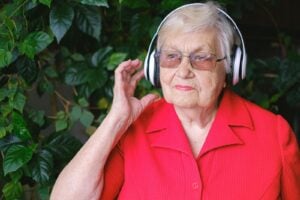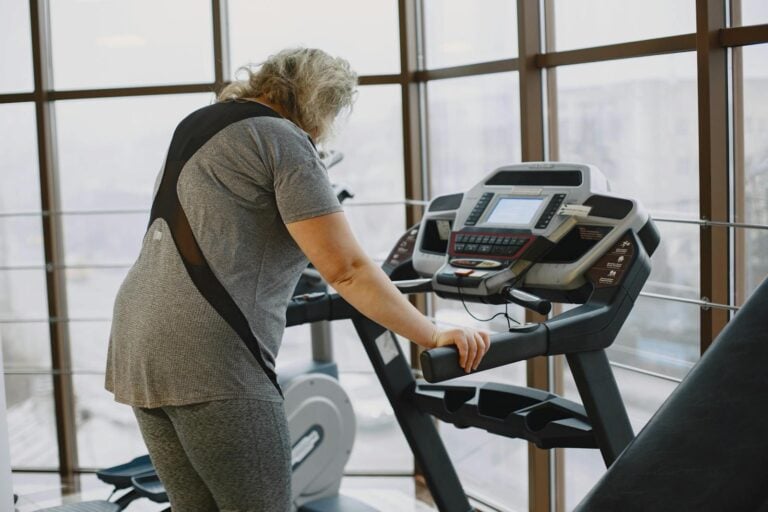New Evidence on Music and Dementia Risk
A large Australian cohort study followed more than 10,000 adults aged 70 and older who showed no dementia at the beginning of the study. Researchers monitored their health and cognitive function for nearly a decade and uncovered striking associations between musical activities and long-term brain health.
Key findings include:
- Adults who “always” listened to music had about a 39% lower risk of developing dementia.
- Adults who played a musical instrument often or always had about a 35% lower risk.
- People who both listened and played had a 33% lower dementia risk and a 22% lower risk of cognitive impairment (CIND).
- Regular music listening was linked to better global cognition and stronger episodic memory over time.
| Music activity | Estimated risk reduction | Visual |
|---|---|---|
| Always listening to music | 39% |
|
| Regularly playing an instrument | 35% |
|
| Listening + playing | 33% |
|
| Lower risk of cognitive impairment (CIND) when doing both | 22% |
|
Even though this study focused on older adults without dementia, its insights resonate strongly for Alzheimer’s and dementia care:
music stimulates memory, emotion, movement, social connection, and attention — multiple brain systems that remain responsive long into the disease.
5 Ways Music Matters in Dementia Care
Caregivers often look for tools that are soothing, simple, uplifting, and practical. Music fits all of these needs:

Gift Shop
10 Best Tech Gadgets to Make Life
with Dementia Easier
- It can reduce agitation and anxiety.
- It can spark familiarity and emotional recognition.
- It can create cooperation during daily tasks.
- It can strengthen connection between caregiver and care-partner.
- It bypasses areas of cognitive loss and reaches preserved emotional circuits.
Music also brings joy — something every caregiver and every person living with dementia deserves.
Practical Ways to Use Music in Daily Care
Build a Daily Listening Routine
Start with 10–20 minutes once or twice a day. Familiar songs are best.
Try:
- Morning for gentle energy
- Late afternoon to ease sundowning
- Evenings for calming routines
Avoid loud, unpredictable, or highly complex tracks, which can overwhelm.
Encourage Gentle Participation
The study suggests the strongest benefits when people listen and participate.
Even small movements count:
- Humming
- Tapping feet or fingers
- Playing a small shaker, drum, or tambourine
- Singing a few recognizable words
Participation wakes up multiple cognitive systems at once.
Create a Memory Playlist
Gather music from the person’s most meaningful life chapters:
- Teenage years
- Early adulthood
- Cultural or religious songs
- Wedding or family celebration songs
- Favorite singers or musical genres
These songs often trigger the strongest emotional and memory responses.
Use Music to Support Daily Tasks
Play soft, predictable music during:
- Bathing
- Dressing
- Grooming
- Meal routines
- Evening wind-down
Music can reduce resistance and help daily tasks feel smoother and more cooperative.
Use One-Song Interventions for Stress
If agitation is rising, try playing one deeply familiar song.
Sometimes one track is enough to shift the tone of the room.
Make Music a Shared Ritual
Music works even better when it strengthens connection:
- A weekly family sing-along
- A small drumming moment with a caregiver
- A shared playlist everyone contributes to
Small rituals can turn ordinary days into meaningful ones.
The Music Activity Starter Kit for Caregivers
Morning Stability
- Soft piano
- Light folk or gentle pop
- Warm, predictable rhythms
Mood Lifting
- Songs from the person’s teens or twenties
- Cultural or spiritual favorites
- Bright, familiar melodies
Evening Calm
- Slow instrumental versions
- Music blended with nature sounds
- Repetitive, soothing tracks
Seven-Day Starter Plan
Choose 2–3 songs and play them at the same time each day.
Notice changes in mood, cooperation, or calm.
What the Study Does Not Prove
- It cannot show causation — only association.
- People who engage in musical activities may also have stronger lifelong cognitive reserves.
- Results were strongest in people with more years of education.
- Music cannot replace medical treatment — it complements it.
Still, the promise is clear: music is safe, accessible, inexpensive, and emotionally nourishing.
6 Takeaways
Music may not cure dementia, but it is one of the most powerful tools caregivers have. Even a few minutes of daily music can help:
- Reduce agitation
- Improve cooperation
- Spark memories
- Encourage movement
- Ease stress
- Strengthen connection
You don’t need special training. You just need songs the person loves.
Start today — choose one song and play it together.











